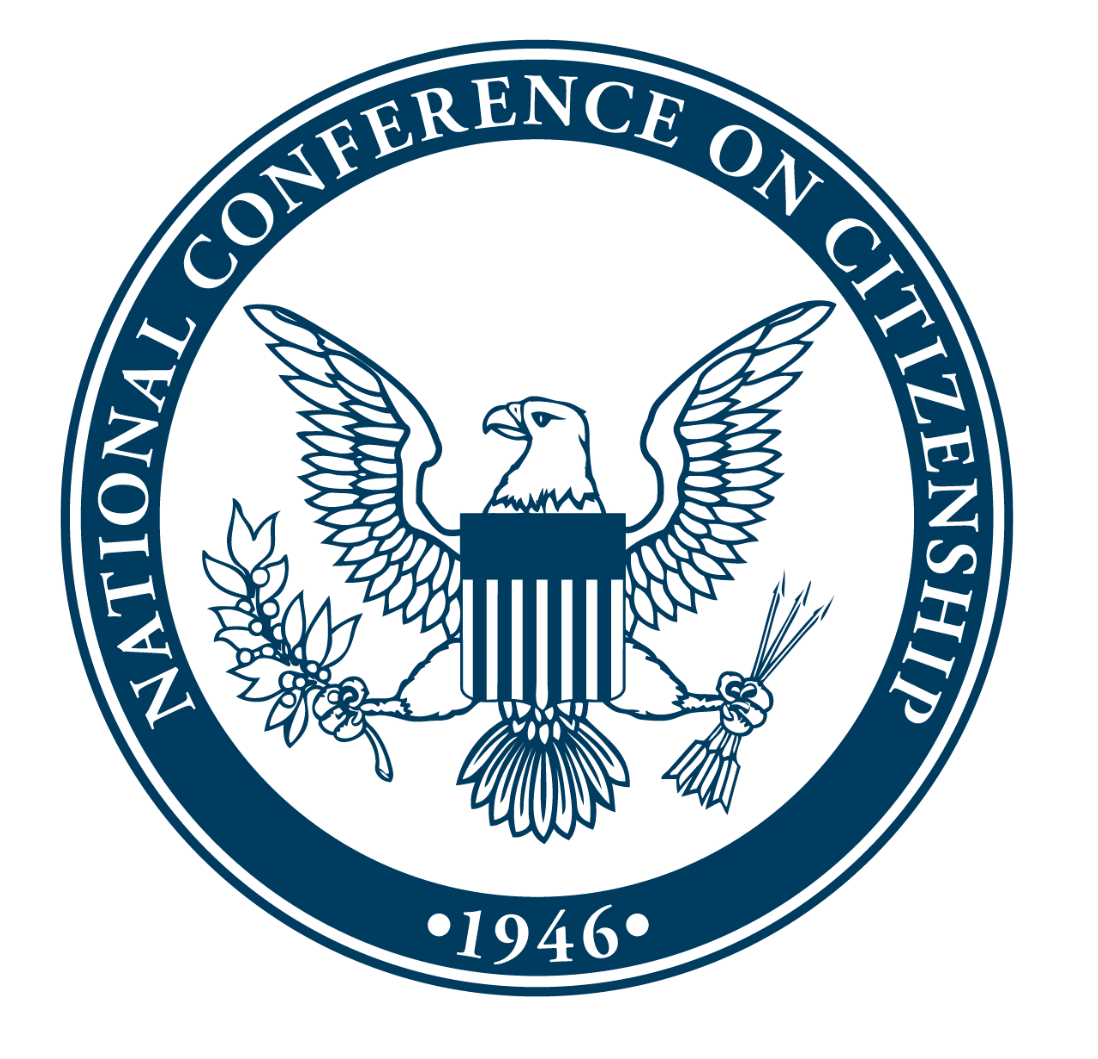Click here for the full 2011 Florida Civic Health Index
Florida Millennials have the depressing distinction of being the most disengaged group in one of the most civically disengaged states in the nation. in terms of volunteerism, voter turnout and other measures of civic engagement, Florida has consistently ranked near the bottom among the 50 states. The implications of this for the future civic health of the Sunshine State are enormous, given that they soon will be the largest single voting cohort in the nation: 45 million compared to some 40 million aging Baby Boomers. Even the somewhat encouraging news that nearly half of them (44%) do register to vote is diminished by the fact that only one in five actually did vote in the 2010 midterm election.
Indeed, there is not a single indicator of civic engagement in which at least half of Florida Millennials are engaged. figures 1 through 4 show the level of civic engagement for each indicator across each age group in Florida. Table 1 (“Snapshot of millennial civic Engagement in Florida”) on page 4 compares the civic engagement of Florida’s Millennials with that of Millennials nationally. Registering to vote is their most widespread activity, but there is no evidence that Millennials are somehow opting for some non-electoral forms of political engagement to explain their absence at polling places. only 3 percent contacted or visited a public official, which means that state political leaders are essentially inoculated from the views of their youngest constituents. only 7 percent boycotted or bought a product based on the values of a company. The very real risk is that Millennials will be subjected in the coming years to policies and programs enacted in their name by lawmakers unhindered by their interests or scrutiny.
In other measures of engagement that are less overtly political—group and community engagement—Florida’s Millennials again showed at best a benign interest. Given that they have come of age during a time when many Sunshine State schools as well as Bright futures Scholarships have required set hours of community service, this finding suggests the values promoted have not taken hold. Just 18 percent are involved in either group participation or volunteering. Interestingly, age or generational differences were less apparent for volunteering. That might have more to do with the comparatively lower levels of volunteering among Floridians in general, however, than it does with Millennials showing exceptionally higher penchant for joining organizations or causes. Beyond these two indicators, however, Millennial group and community engagement levels were low. Just
over 10 percent exchanged favors with neighbors a few times a week or more often, and only 2 percent attended a public meeting or worked with neighbors to fix a problem in their neighborhood. Indeed, on all the indicators for group and community engagement, Millennials in Florida ranked no higher than 40th nationally.
A common excuse for this lack of engagement is that young adults are, well, young. They will, like the generations that preceded them, grow into civic engagement. as they establish careers, settle down and form families, so this argument goes, Millennials will become more and more engaged with issues confronting their communities. Yet while there is clearly a relationship between age and levels of civic engagement nationally, Florida itself seems to offer a stark counter-example. Floridians aged 30 and over simply are not that much more civically engaged than Millennials. indeed, on only three of the indicators did the “generation gap”—i.e., the difference between the percentage of those in Florida aged 18–29 engaged in each action and the percentage over 30 engaged in each action—reach double digits (for registration, turnout and group participation). furthermore, with the exception of turnout, the “youth engagement gap”—i.e., the difference between the percentage of Florida young people engaged in each activity and the percentage of young people engaged in the most engaged state in the nation—exceeded the generation gap. Simply put, this finding suggests that we should be concerned about the lack of civic engagement among Floridians of all age groups—and especially concerned about the young.

